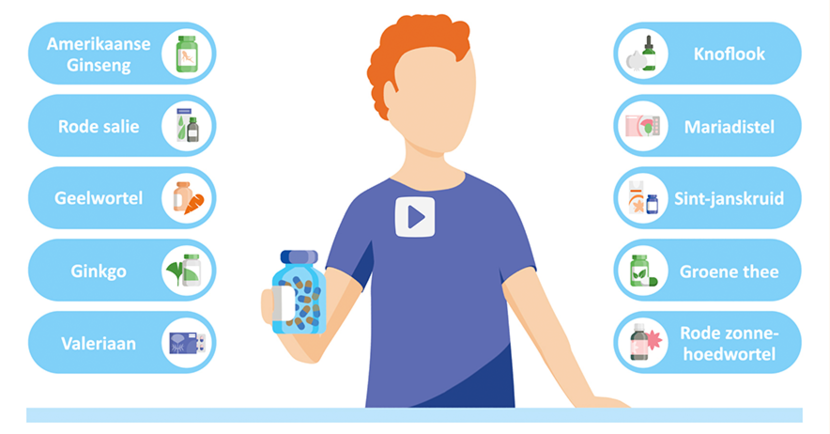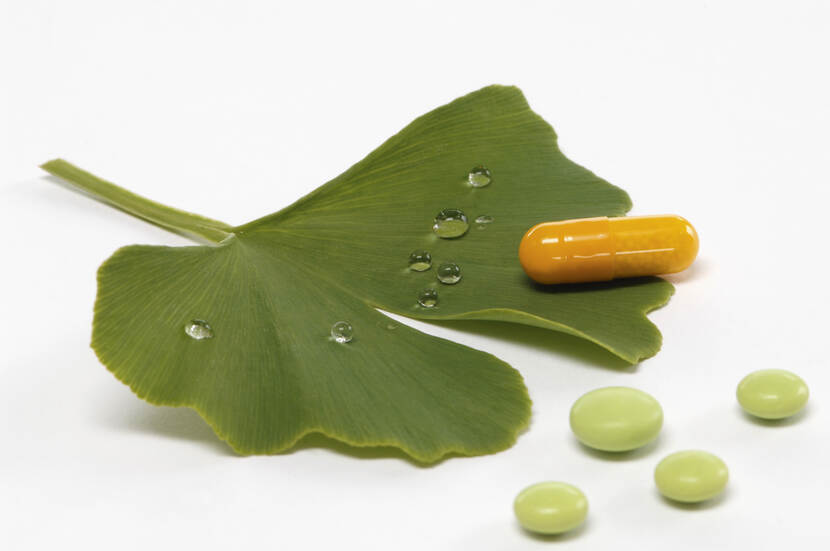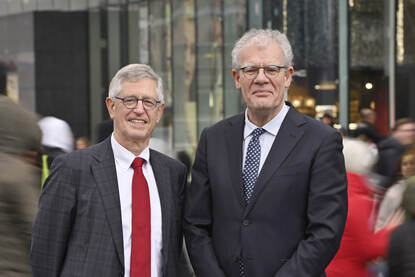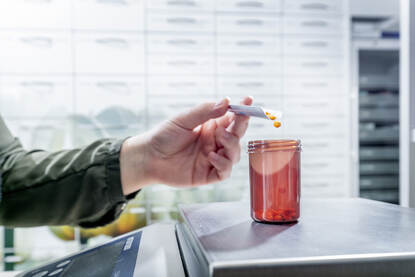The Botanicals and Novel Foods Unit (BNV) of the Medicines Evaluation Board (MEB) has two tasks. First of all, the assessment of herbal medicinal products and homeopathic medicinal products. The MEB takes decisions on market authorisations for these two kinds of medicinal products. As its second task, the MEB provides policy support to the Ministry of Health, Welfare and Sport (VWS) in connection with the authorisation of novel foods. Since 2018, this takes place within a European system, under the Regulation on novel foods. The Ministry of VWS decides on the authorisation for the Netherlands.
The Committee on Herbal Medicinal Products (HMPC) is the scientific committee of the European Medicines Agency (EMA) that assesses the data of herbal medicinal products. The Dutch representatives work at the BNV. The employees of this unit are also members of the European working group for homeopathic products, the Novel foods working group in Brussels and the working group for herbal products at the European Pharmacopoeia in Strasbourg.
The authorisation procedure for botanicals is the same as for other medicinal products for human use. A different procedure and other EU laws apply to novel foods. More information about this procedure can be found here.
Herbals and homeopathic products
Herbals are medicinal products whose active ingredients contain exclusively plants, parts of plants or plant materials or combinations thereof. Just like all other medicinal products, herbals require authorisation. A homeopathic medicinal product is prepared according to a homeopathic production process, which is described in the European Pharmacopoeia or in an official homeopathic pharmacopoeia used by the member states. This homeopathic production process is carried out with homeopathic raw materials.
Herbals and interactions with medicinal products in the information provision
An information campaign to inform the general public about herbals and the interaction between herbals and medicinal products was launched in July 2019. To this end, information about around a dozen herbals was published on the MEB website. The aim of this campaign was to inform patients and care providers about and create awareness of possible risks of combining herbals and medicinal products. Besides accessible information on the MEB website and an animation video about the interaction with herbals, the MEB also conducted a social media campaign with the help of patient associations.

Herbals and homeopathic medicinal products
In the assessment of herbals, a distinction is made between herbals based on a complete dossier and herbals based on traditional use. The herbals based on a complete dossier are assessed in the same manner as regular medicinal products. Herbals based on traditional use are not assessed based on clinical evidence but on a long period of use and experience. The number of authorisations for herbals has remained practically unchanged for years, with a slight decrease for herbals based on a complete dossier and a slight increase for herbals based on traditional use.
Number of market authorisations for herbals
| based on complete dossier | based on traditional use | |
|---|---|---|
| 2016 | 55 | 50 |
| 2017 | 52 | 54 |
| 2018 | 52 | 53 |
| 2019 | 50 | 55 |
Number of market authorisations for homeopathic medicinal products
After a decreasing trend in the past years, the number of authorisations for homeopathic medicinal products remained practically the same in 2019 as a year earlier.
Number of market authorisations for homeopathic medicinal products
| 2016 | 2017 | 2018 | 2019 | |
|---|---|---|---|---|
| Number of market authorisations for homeopathic medicinal products | 3072 | 2911 | 2132 | 2129 |
Number of concluded cases
The number of concluded cases (including variations) was lower in 2019 than in the two previous years. This explains the lower output in cases in 2019. As a result, flexible support could be provided for other quality assessments at other MEB units.
Concluded cases
| 2016 | 2017 | 2018 | 2019 | |
|---|---|---|---|---|
| Number of concluded cases | 147 | 348 | 203 | 118 |








